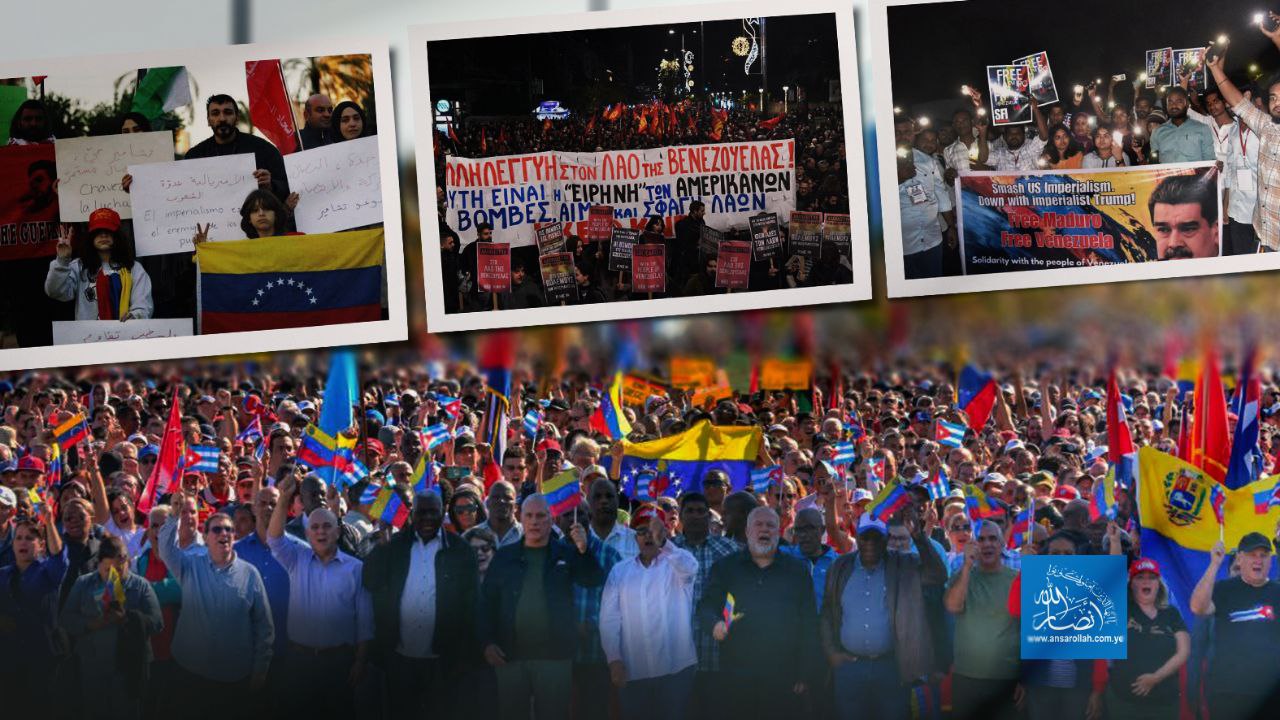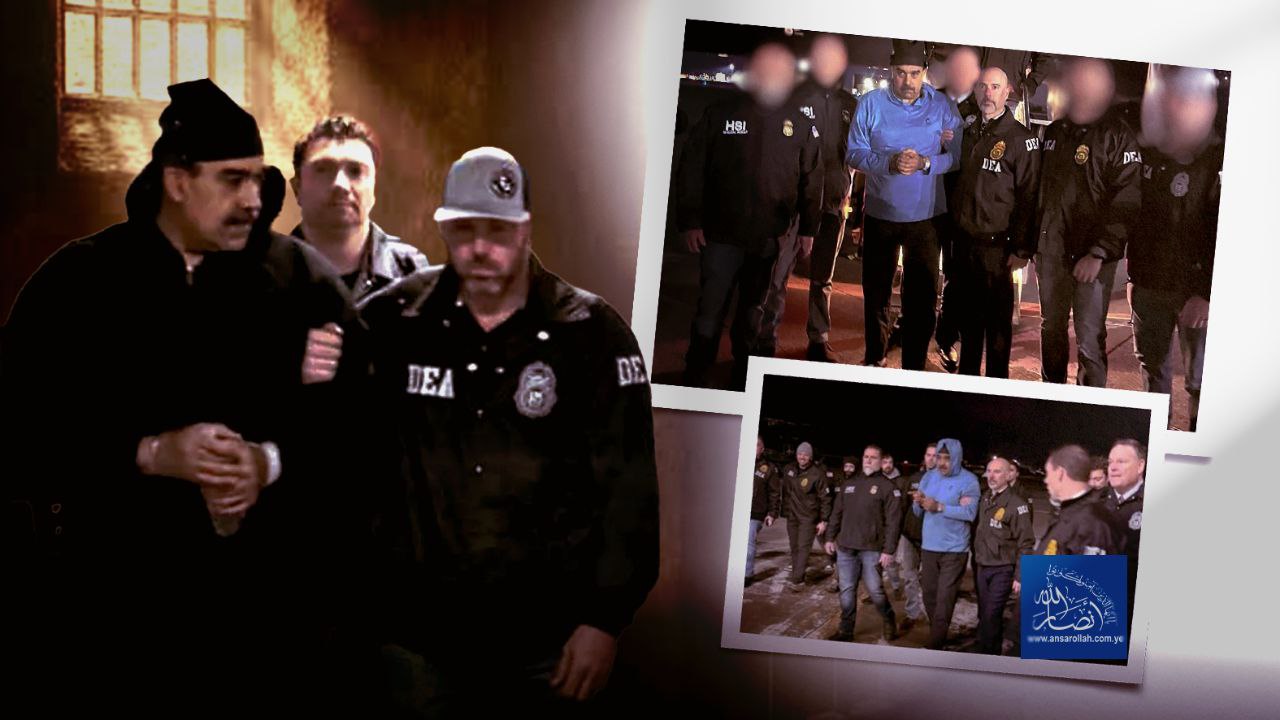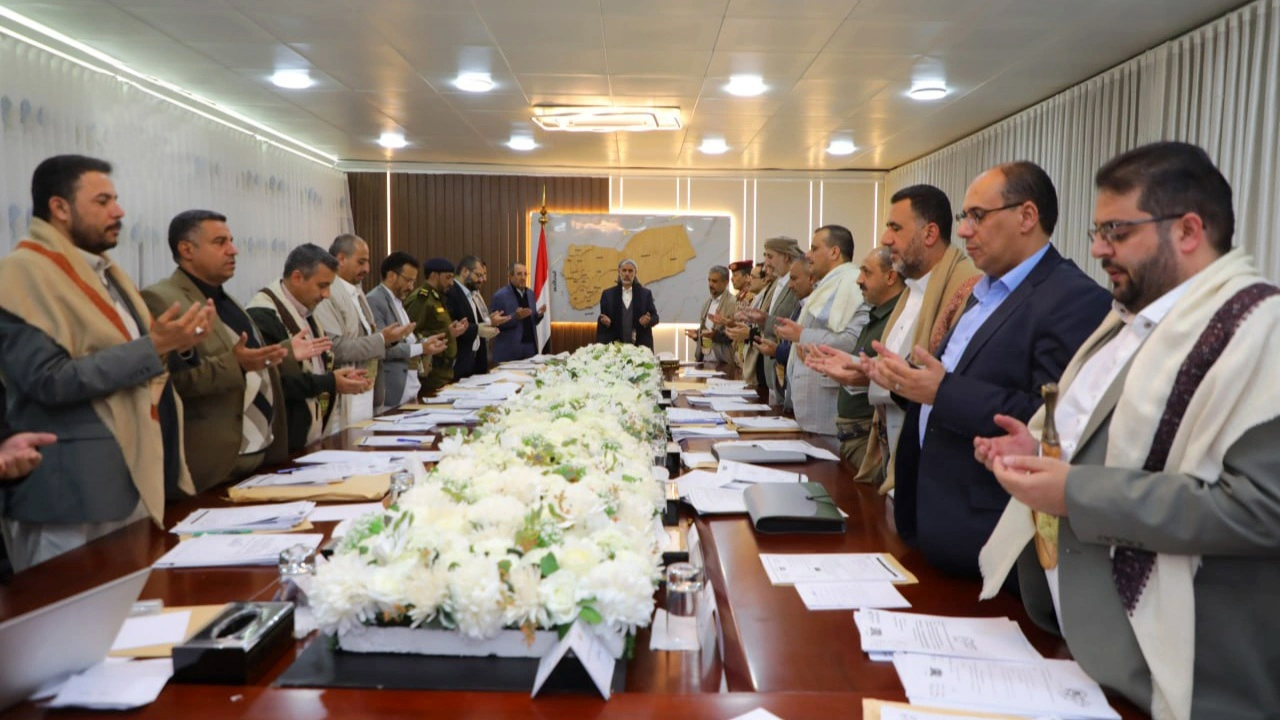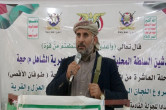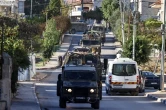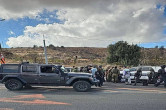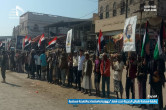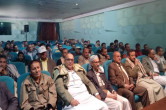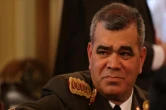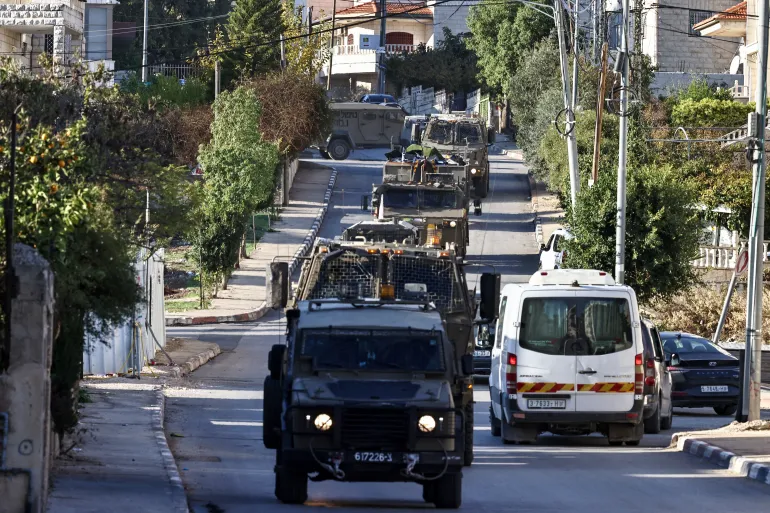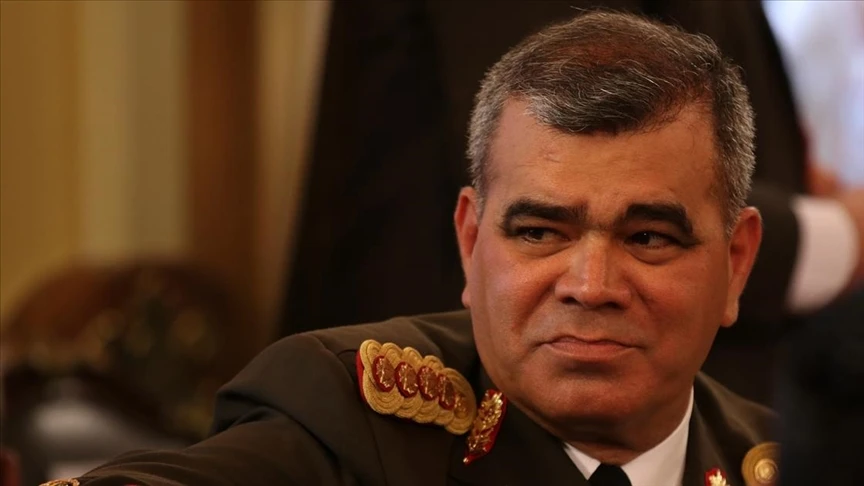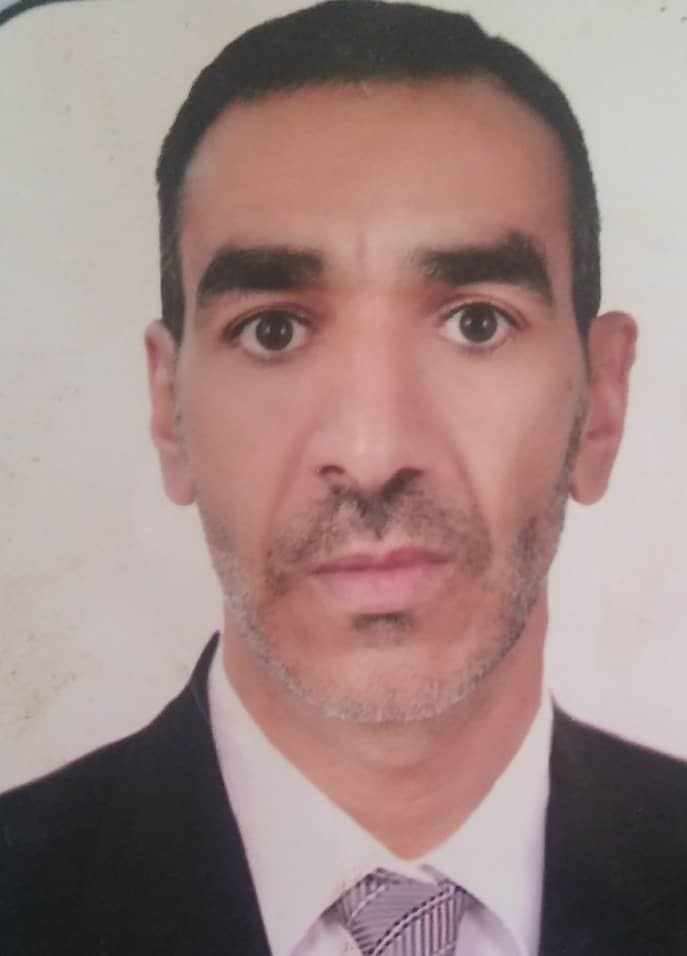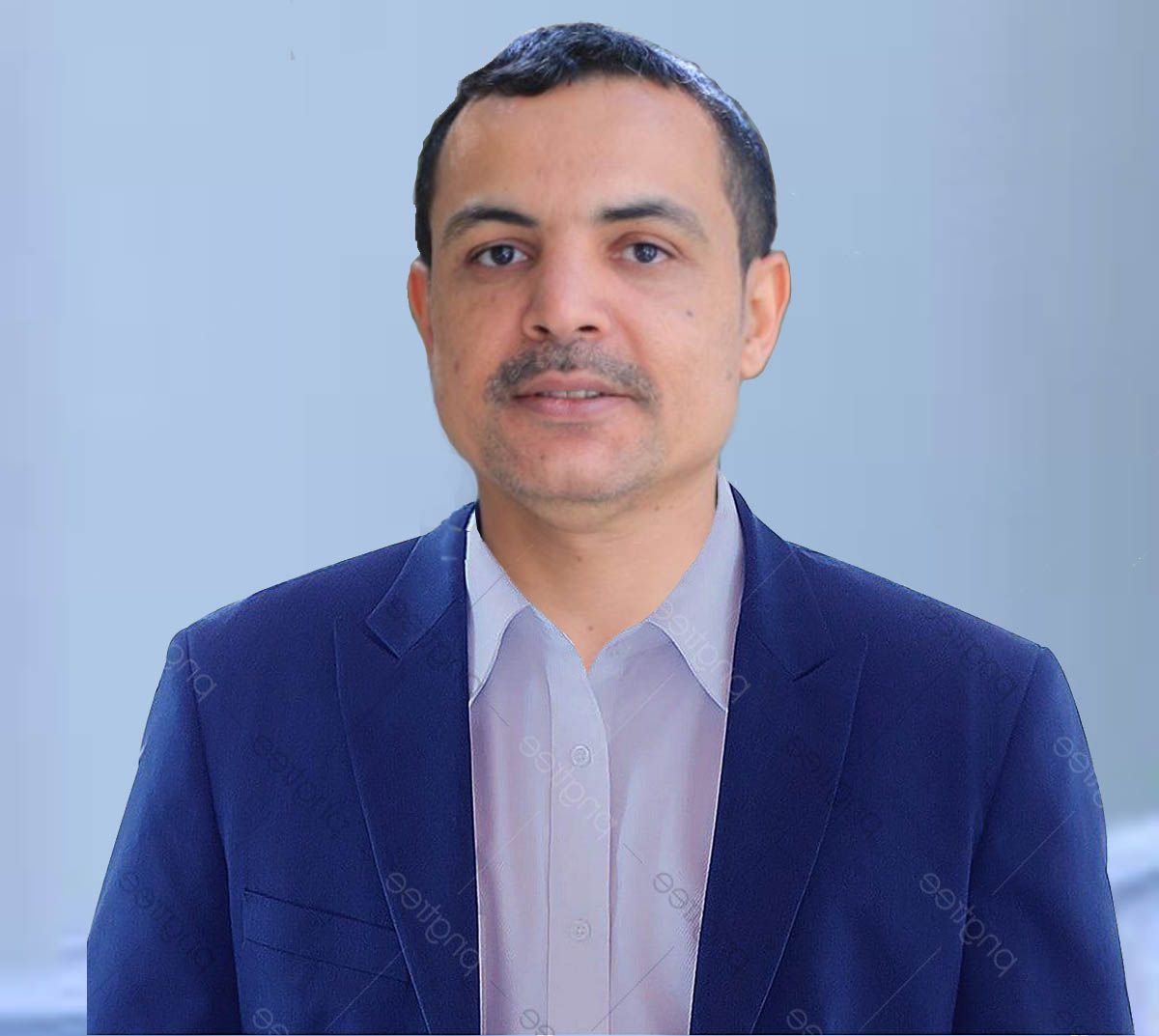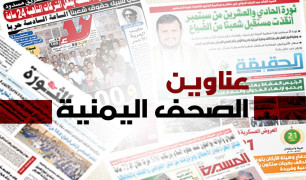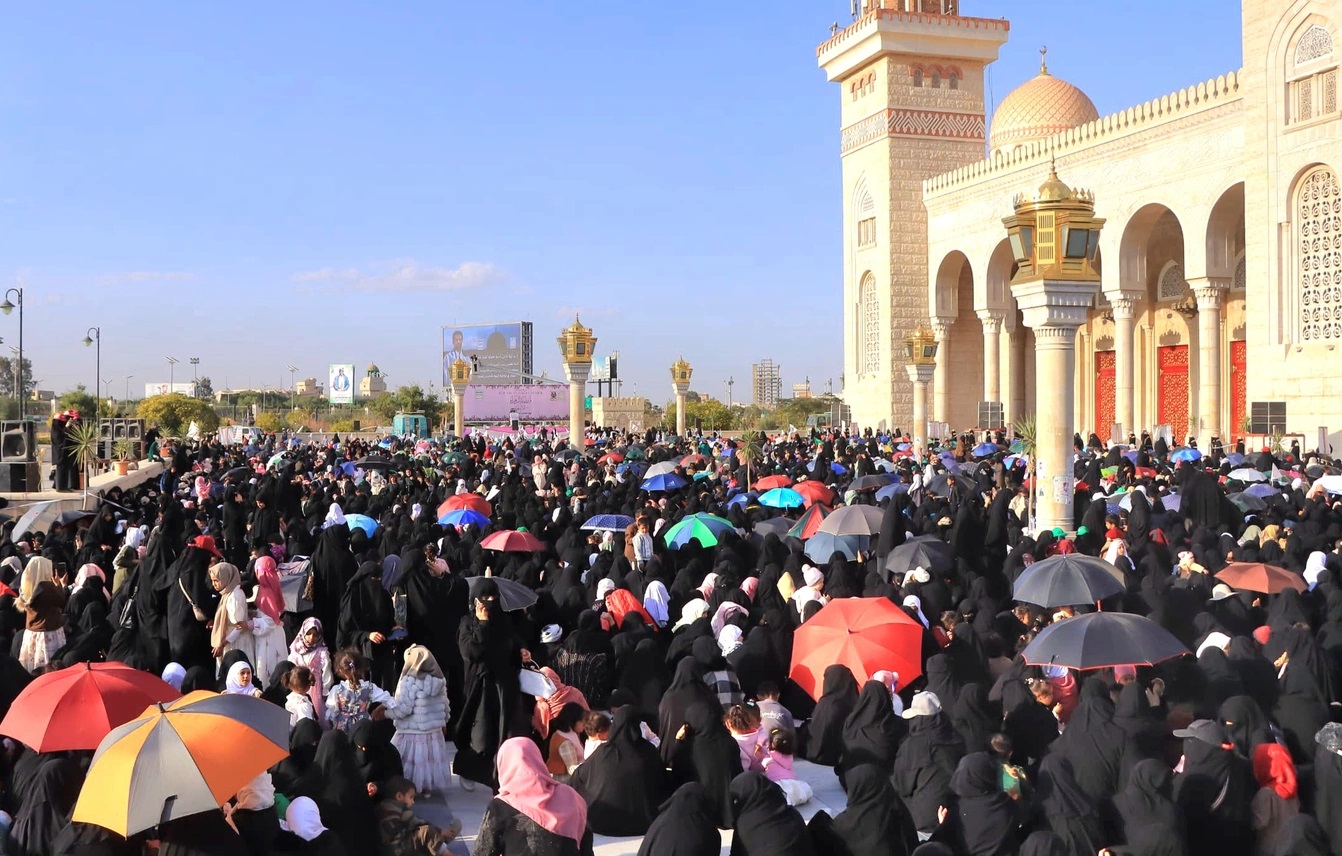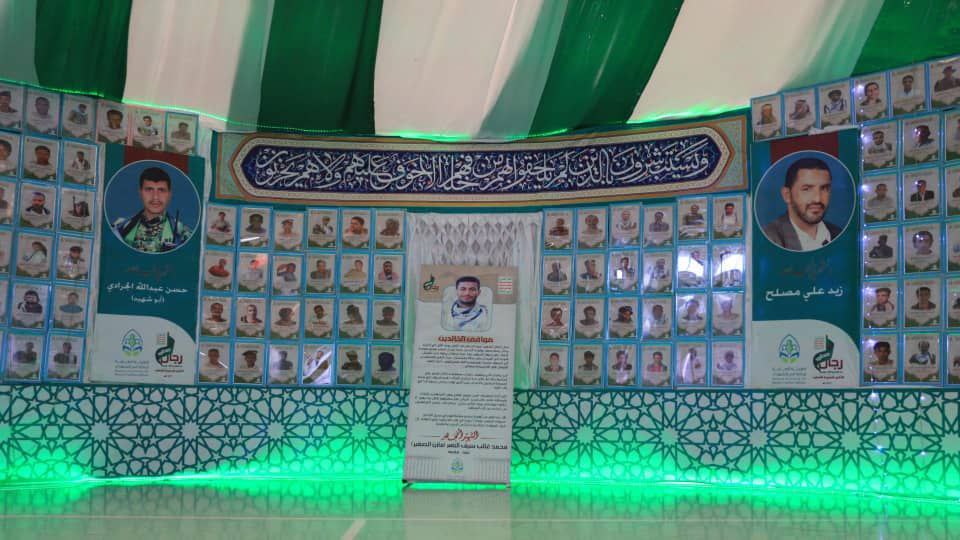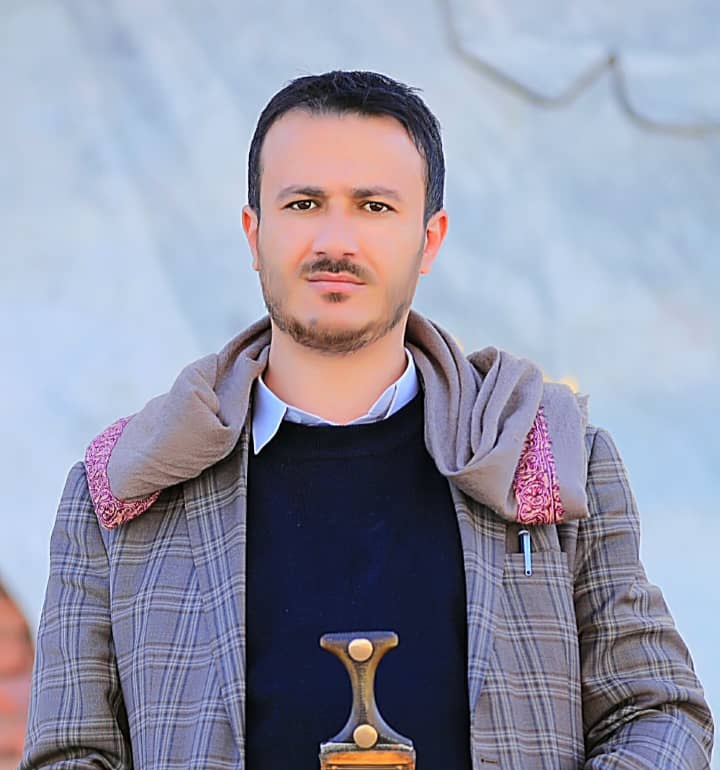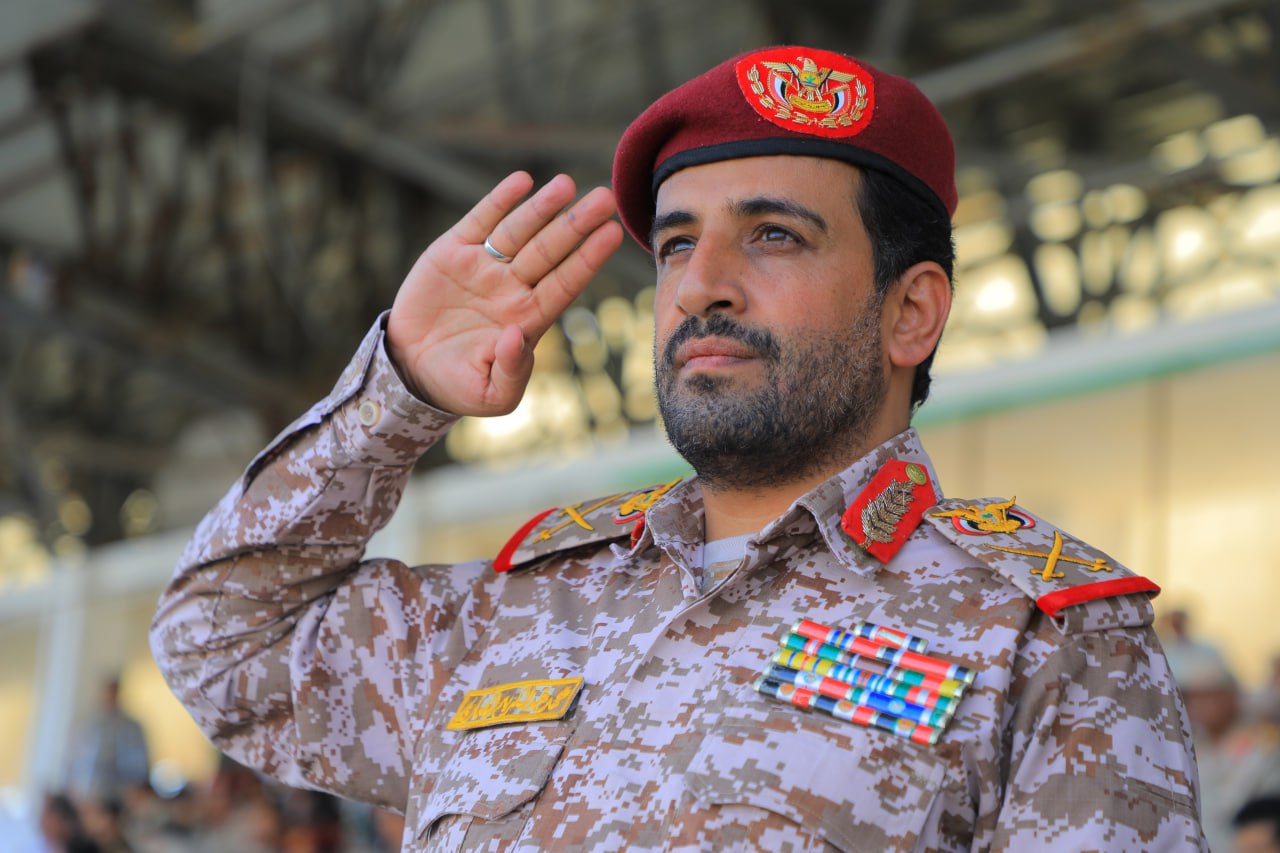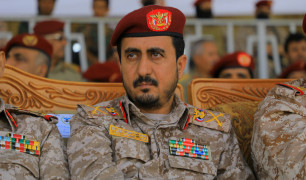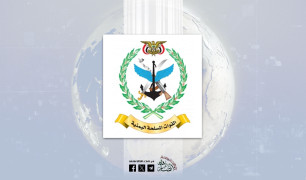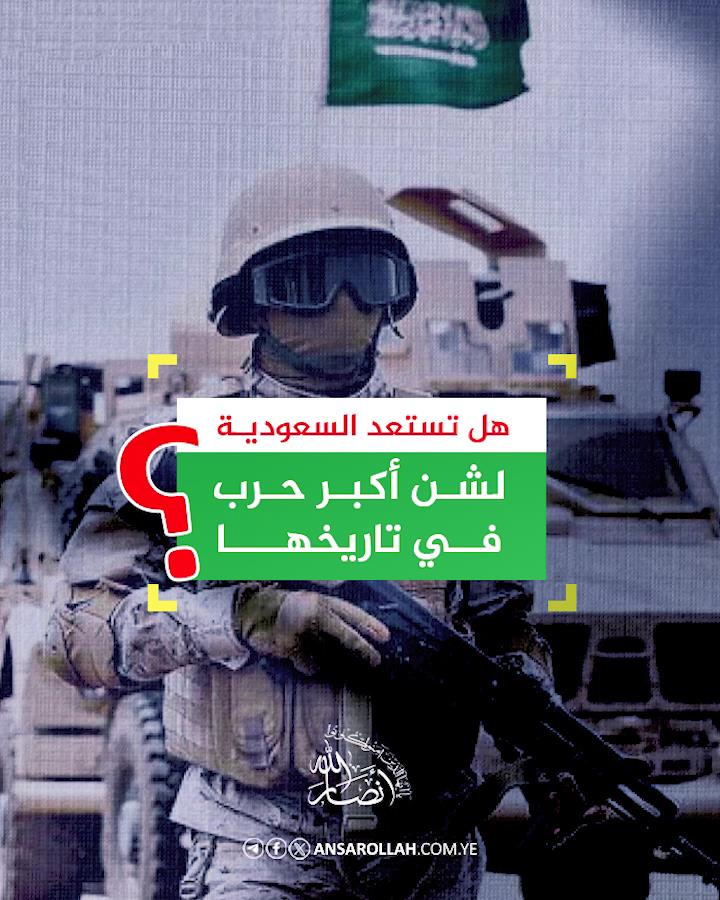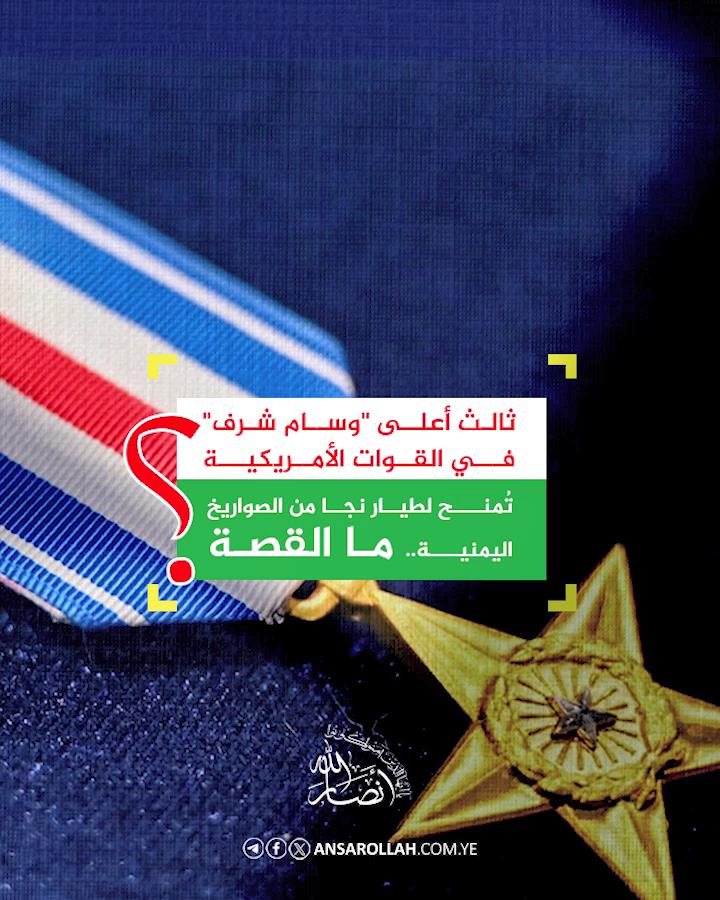ترامب لمجلة أتلانتك: رئيسة فنزويلا المؤقتة ستواجه مصيرا أسوأ من مادورو في حال رفضت المطالب الأمريكية
مصادر فلسطينية: إصابة طفل برصاص العدو في بلدة يعبد جنوب غرب جنين
الهيئة العامة للطيران: استمرار إغلاق مطار صنعاء الدولي أدى إلى تفاقم معاناة المواطنين بشكل غير مسبوق ونشدد على ضرورة فتحه
البرازيل وتشيلي وكولومبيا والمكسيك والأوروغواي وإسبانيا في بيان مشترك: نرفض الإجراءات العسكرية الأمريكية الأحادية في فنزويلا
اللواء موسوي: الغاية من إثارة الفوضى هي تعويض الفشل في عدوانهم العقيم على بلادنا
اللواء موسوي: أمريكا والصهاينة وضعوا على جدول أعمالهم مخططا يقوم على استخدام أدوات الحرب الناعمة والضغوط الاقتصادية بغية إثارة الفوضى
رئيس هيئة الأركان الإيرانية اللواء عبدالرحيم موسوي: العدو ركّز بعد هزيمته في حرب الـ12 يوما على زعزعة أمن إيران
وزير الدفاع الفنزويلي: استجابة لقرار المحكمة العليا تعيين ديلسي رودريغيز لتولي جميع صلاحيات الرئيس
وزير الدفاع الفنزويلي: نقوم بتفعيل الجاهزية التشغيلية وتشكيل كتلة قتالية واحدة لضمان حرية الأمة واستقلالها وسيادتها
وزير الدفاع الفنزويلي: استنفار القوات المسلحة في أنحاء البلاد لضمان السيادة

